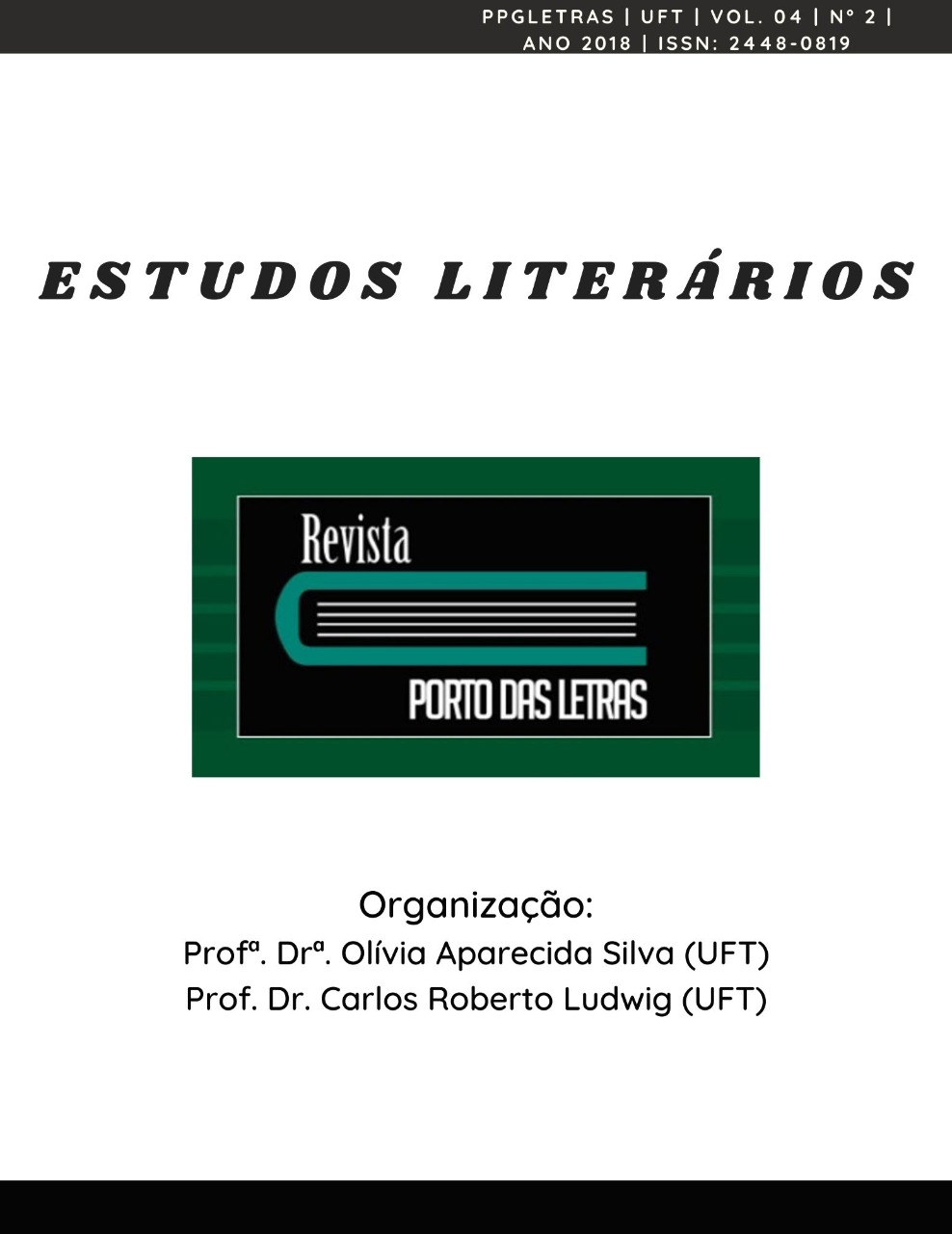Imagens Da dor e do trauma em Una sola muerte numerosa, de Nora Strejilevich
notas a partir de algumas contribuições da crítica genética e da escrita de si
Keywords:
política; narrativas de si; crítica genética; memórias da dor e do traumaAbstract
ABSTRACT: The present essay consists on an attempt to discuss self-writing from a dialogue between the theoretical contributions of genetic criticism and the conceptual apparatus on the experience/testimony narratives which are constituted on pain and trauma. The work Una sola muerte numerosa - by the contemporary Argentine writer Nora Strejilevich was chosen as specific object of analysis. The narrative, in which fiction and reality merge, brings in itself a multiplicity of literary genres such as the novel, biography, autobiography and testimony and poetry, ventilating multiple voices, discourses and narrative focuses. The overlapping of plans - in which the lived experience, the official discourse, and the voices of others affected are intertwined - functions as a strategy in order to fulfill the purposes of claiming a subjective dimension to the witness accounts. The discussion will be unfolded in two movements: at first, it seeks to discuss the politics of writing as act, performance and process, and the notion of sharing the sensible from the contributions of Jacques Rancière (2007, 2017). The second section will focus on the theoretical discussion about genetic criticism, especially regarding the role of memory and trauma in the processes of narrative composition. It is intended, therefore, to establish an analysis that outlines, from selected excerpts, the way in which the trauma memory is constituted, processed and materialized in the literary work in question.
Keywords: politics; self-writing; genetic criticism; pain and trauma memories.
References
BATAILLE, G. A literatura e o Mal. Porto Alegre: Editora L&PM, 1989.
BOSI, A. “Os estudos literários na Era dos Extremos.” In: Literatura e resistência. São Paulo: Companhia das Letras, 2008.
BUTLER, J. Relatar a si mesmo: crítica da violência ética. Belo Horizonte: Autêntica Editora, 2015.
DERRIDA, J. A escritura e a diferença. São Paulo: Perspectiva, 2002.
FOUCAULT, M. “O que é um autor” in: Ditos e Escritos: Estética – literatura e pintura, música e cinema (vol. III). Rio de Janeiro: Forense Universitária, 2001.
GENETTE, G. Palimpsestos: a literatura de segunda mão. Ed. Monolíngue. Extratos traduzidos do francês por Luciene Guimarães e Maria Antônia Ramos Coutinho. Belo Horizonte: FALE/UFMG, 2006. (Material em pdf).
KLINGER, D. “Escrita de si como performance”. In: Revista brasileira de literatura comparada, v. 12, 2008. Disponível em: < http://www.abralic.org.br/downloads/revistas/1415542249.pdf> Acesso em 15 de jul. 2017
__________. Literatura e ética: da forma para a força. Rio de Janeiro: Rocco, 2014.
LEJEUNE, P. O pacto autobiográfico. Belo Horizonte: Editora da UFMG, 2008.
LEVI, P. É isto um homem? Rio de Janeiro: Rocco, 1995.
NEGUS, K.; PICKERING, M. Creativity, Communication and Value. Londres: SAGE Publications, 2004.
POLLAK, M. “Memória e Identidade social.” Estudos Históricos. Rio de Janeiro, vol. 5, n. 10, 1992.
RANCIÈRE, J. A partilha do sensível. São Paulo: Editora 34, 2007.
__________. Políticas da escrita. São Paulo: Editora 34, 2017.
RICOEUR, P. A memória, a história, o esquecimento. Campinas: Editora da Unicamp, 2007.
SALLES, C. A. Redes de criação: construção da obra de arte. Vinhedo: Editora Horizonte, 2006.
__________. Gesto inacabado: processo de criação artística. São Paulo: Annablume, 2009.
SANTIAGO, S. Nas malhas da letra. São Paulo: Rocco, 2002.
SARLO, B. Tempo passado: cultura da memória e guinada subjetiva. São Paulo: Companhia das Letras; Belo Horizonte: Editora da UFMG, 2007.
SELIGMANN-SILVA, M. “Apresentação da questão da literatura do trauma”. In: SELIGMANN-SILVA, M. (org.). História, memória, literatura: o testemunho na era das catástrofes. Campinas: Editora da Unicamp, 2013.
STREJILEVICH, N. Una sola muerte numerosa. Miami: North South Center Press, 1997. Disponível em versão digital (2006) em: <http://norastrejilevich.com/images/USMNTercera.pdf>. Acesso em 10 de jul. de 2017.
WILLEMART, P. Crítica genética e psicanálise. São Paulo: Perspectiva; Brasília, DF: CAPES, 2005.
Downloads
Published
How to Cite
Issue
Section
License
Os autores concordam com os termos da Declaração de Direito Autoral, que se aplicará a esta submissão caso seja publicada nesta revista (comentários ao editor podem ser incluídos a seguir).

